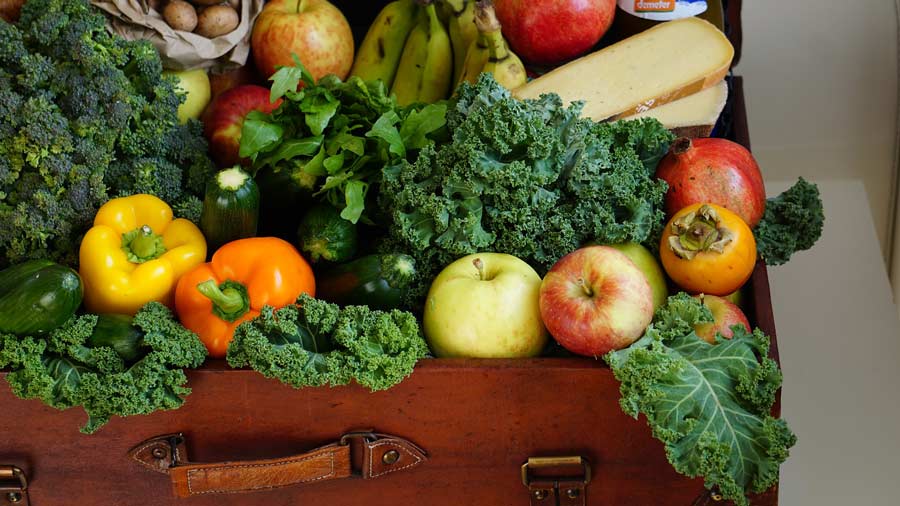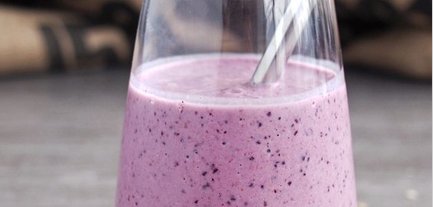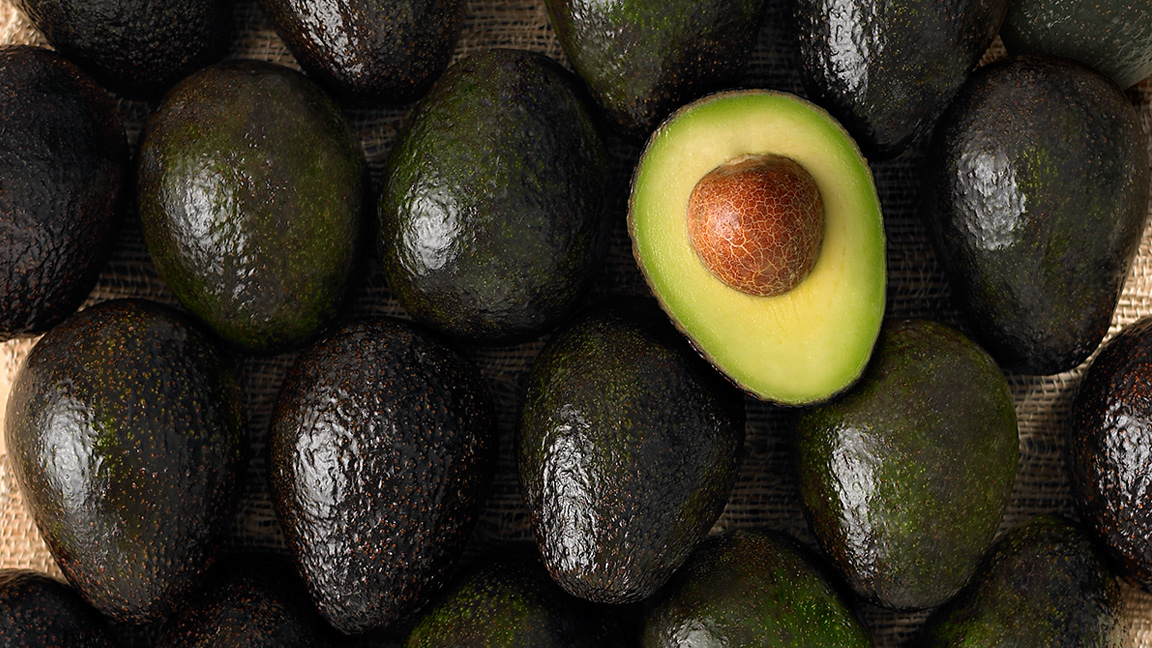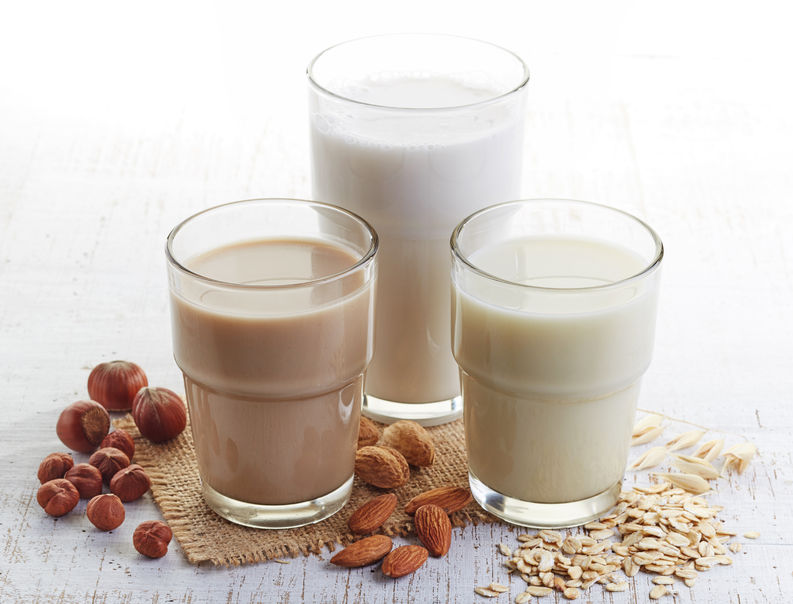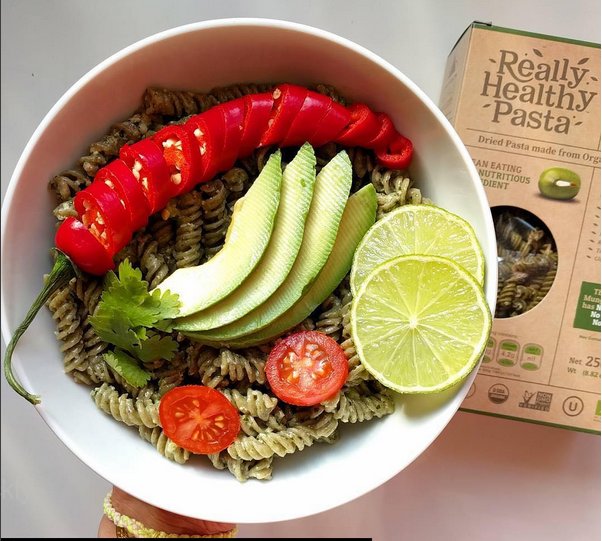It’s a vicious cycle — until we intervene
We may not talk much about poor immunity. But immune dysfunction is likely to affect us or a loved one in our lifetime, with severe cases presenting as HIV, cancer, and autoimmune disease.
Once our immune system is compromised, we’re even more at risk for complications and other illness. Having one autoimmune disease increases the chances that a second or third will develop.
Cancer and HIV complications traced back to ‘faulty’ immunity
Our immune system is an intricately functioning security mechanism that science has only begun to understand. When we’re infected, our immune system immediately mounts its defence. Even in serious cases like HIV, it’s possible for our immune response to be strong enough to eliminate the virus.
Yet in most cases, HIV infection becomes permanent before our B-cells can make the antibodies to fight it. Then flu-like symptoms start to appear, normally lasting two weeks, produced by our formerly healthy cells that now host the infection. At this time, we’re highly contagious, and the virus can be transmitted through blood and bodily fluid.
It could still take up to 12 months to test positive for HIV antibodies, and we might feel physically well in the meantime. After diagnosis is when our immunity becomes even more compromised, with the potential for cancers, complications, and concurrent infections.
A healthy immune system alerts us of early danger. Our immune system may throw up red flags — like fatigue, dull skin or brown patches, frequent illness like respiratory infections, sudden weight loss or gain, and slow wound healing — before a more serious health problem appears. It can also curb a landslide of health issues that can start after a diagnosis.
Scientists have made great strides in introducing treatments to control HIV infection. Still, for many people who are HIV-positive, complications like heart problems, diabetes, neurocognitive disorders, and chronic inflammation quickly become cause for concern. These are the complications that can turn deadly. American researchers learned in 2019 that HIV patients who suffer from a wide range of related health problems may have immune receptors that aren’t working.
And, nearly 70 percent of lung cancer patients will suffer from bacterial lung infection. An opportunistic infection, the cancer complication develops when lung tumours play tricks on the immune system. Tumours can change lungs’ bacterial communities, triggering immune cells to turn on infection-fighting inflammation that actually helps tumour cells spread. Cancer patients are also at a higher risk for fatal flu complications — again, because of weakened immunity.
“Most HIV drugs target the virus itself. Our work comes at it from a different angle — to potentially modify the immune system so we can fight the virus,” Patrick O’Connell, a scientist at Michigan State University, U.S., said in 2019.
O’Connell and his team hope to find a drug that arms the immune system to fight off life-threatening viruses and viral complications. But a growing body of research shows that natural immune-modulating plant compounds, called sterols and sterolins, can be used for the same purpose.
Supplement sterols or eat more produce? We’re better off with both.
Plant sterols are naturally found in fruits and vegetables. Sterols aren’t intended to repair faulty immunity, but the potent nutrients derived from plant cell membranes do stabilise immune function. This is how sterol supplements differ from other popular immune-boosters like echinacea: Echinacea only stimulates short-term immunity, while plant sterols up- or down-regulate the immune system to bring balance.
It’s plant sterols’ ability to increase low T-cell activity and maintain delicate TH1/TH2 levels that makes these compounds especially important for anyone with compromised immunity.
Studies show that multiple conditions can benefit:
- Allergic rhinitis/sinusitis
- Exercise-related immunosuppression, i.e., marathon runners
- Feline immunodeficiency virus (FIV)
- HIV infection
- Rheumatoid arthritis
- Tuberculosis
Early results from an open-label pilot study conducted on 123 South African participants in 2001 showed that HIV-positive patients with a CD4 count above 500/µl could balance their CD4 cell counts and decrease their viral load by taking an immune-protective sitosterol and glucoside sitosterolin mixture.
Tuberculosis and rheumatoid arthritis patients, high-intensity exercisers, FIV-infected cats, and allergy sufferers saw similar benefits. Plant sterols offered potent anti-inflammatory protection for autoimmune disease, decreasing the global pain assessment in RA patients by 47 percent compared to a placebo. Endurance exercise can also cause temporary immunosuppression. But athletes and exercisers who take plant sterols may decrease their post-exercise immunosuppressive inflammatory response and potentially ward off the flu virus.
We’d need to eat 500 to 700 grams (1.5 pounds) of fresh fruits and vegetables a day to get 100 grams of plant sterols. In the studies, the HIV and RA patients took 3 capsules, each containing 20.2 mg sterols/sterolins, daily. Natural food sources are important, but where immune function is dangerously compromised, we want to know we’re meeting our daily intake.
Getting sterols from supplements and from diet can offer broader protection. A high-fibre diet rich in fruits and vegetables sets a healthy immune response that can protect against the flu, while a processed, inflammatory diet can ignite the immune response that causes cancer. For the immunocompromised, diet changes can reduce disease risk as plant sterol supplements stabilise auto-immune function.
It’s not a breakthrough drug, but it’s a breakthrough nutrient. Collective research shows that supplementing plant sterols keeps TH1 and TH2 cells in proportion, enabling our immune system to successfully fight off viral and microbial disease.
Products:
Sources:
- Cojocaru M, Cojocaru IM, Silosi I. Multiple autoimmune syndrome. Maedica (Buchar). 2010;5(2):132-4.
- O’Connell P, Pepelyayeva Y, Blake MK, Hyslop S, Crawford RB, Rizzo MD,
Pereira-Hicks C, Godbehere S, Dale L, Gulick P, Kaminski NE, Amalfitano A,
Aldhamen YA. SLAMF7 Is a Critical Negative Regulator of IFN-α-Mediated CXCL10
Production in Chronic HIV Infection. J Immunol. 2019 Jan 1;202(1):228-238. doi:
10.4049/jimmunol.1800847. Epub 2018 Dec 10. - Chengcheng Jin, Georgia K. Lagoudas, Chen Zhao, Susan Bullman, Arjun Bhutkar, Bo Hu, Samuel Ameh, Demi Sandel, Xu Sue Liang, Sarah Mazzilli, Mark T. Whary, Matthew Meyerson, Ronald Germain, Paul C. Blainey, James G. Fox, Tyler Jacks. Commensal Microbiota Promote Lung Cancer Development via γδ T Cells. Cell, Jan. 31, 2019; DOI: 10.1016/j.cell.2018.12.040.
- Low influenza vaccination rate among patients receiving chemotherapy for cancer.
Loulergue P, Mir O, Alexandre J, Ropert S, Goldwasser F, Launay O
Ann Oncol. 2008 Sep; 19(9):1658. - Bouic PJD. Sterols and sterolins: new drugs for the immune system? Drug Discovery Today 2002; 7:775–78.
- Myers, L and Bouic, PJD. Flow cytometric analysis of the TH1-TH2 shift in allergic individuals using Moducare® (sterols/sterolins). Proc. 26th Annu Cong Physiol Soc S. Afr. 1998; Abstract 178.
- Pegel, KH: The importance of sitosterol and sitosterolin in human and animal nutrition”. S A J Sci 1997; 93: 263-268.
- Bouic PJD, Clark A, Brittle W, Lamprecht JH, Freestone M, Liebenberg RW. Plant sterol/sterolin supplement use in a cohort of South African HIV-infected patients—effects
on immunological and virological surrogate markers. South African Med J 2001; 91: 848–50. - Bouic PJD, Clark A, Lamprecht J, Freestone M, et al. The effects of β-sitosterol (BSS) and β-sitosterol glucoside (BSSG) mixture on selected immune parameters of marathon
runners: inhibition of post marathon immune suppression and inflammation. Int J Sports Med 1999; 20:258–62. - Louw,I, et al. A pilot study of the clinical effects of a mixture of beta-sitosterol and beta-sitosterol glucoside in active rheumatoid arthritis (RA). Am J Clin Nutr 2002; 75(2),
351S [Abstract 40]. - Donald PR, et al: A randomised placebo-controlled trial of the efficacy of beta-sitosterol and its glucoside as adjuvants in the treatment of pulmonary tuberculosis. Int J Tuberc Lung Dis 1997; 1: 518-22.
- Aurélien Trompette, Eva S. Gollwitzer, Céline Pattaroni, Isabel C. Lopez-Mejia, Erika Riva, Julie Pernot, Niki Ubags, Lluis Fajas, Laurent P. Nicod, Benjamin J. Marsland. Dietary Fiber Confers Protection against Flu by Shaping Ly6c − Patrolling Monocyte Hematopoiesis and CD8 T Cell Metabolism. Immunity, 2018; 48 (5): 992 DOI: 10.1016/j.immuni.2018.04.022.
- S. K. Doerner, E. S. Reiss, E. S. Leung, J. S. Ko, J. D. Heaney, N. A. Berger, J. D. Lambris, J. H. Nadeau. High-fat diet-induced complement activation mediates intestinal inflammation and neoplasia, independent of obesity. Molecular Cancer Research, 2016; DOI: 10.1158/1541-7786.MCR-16-0153.

